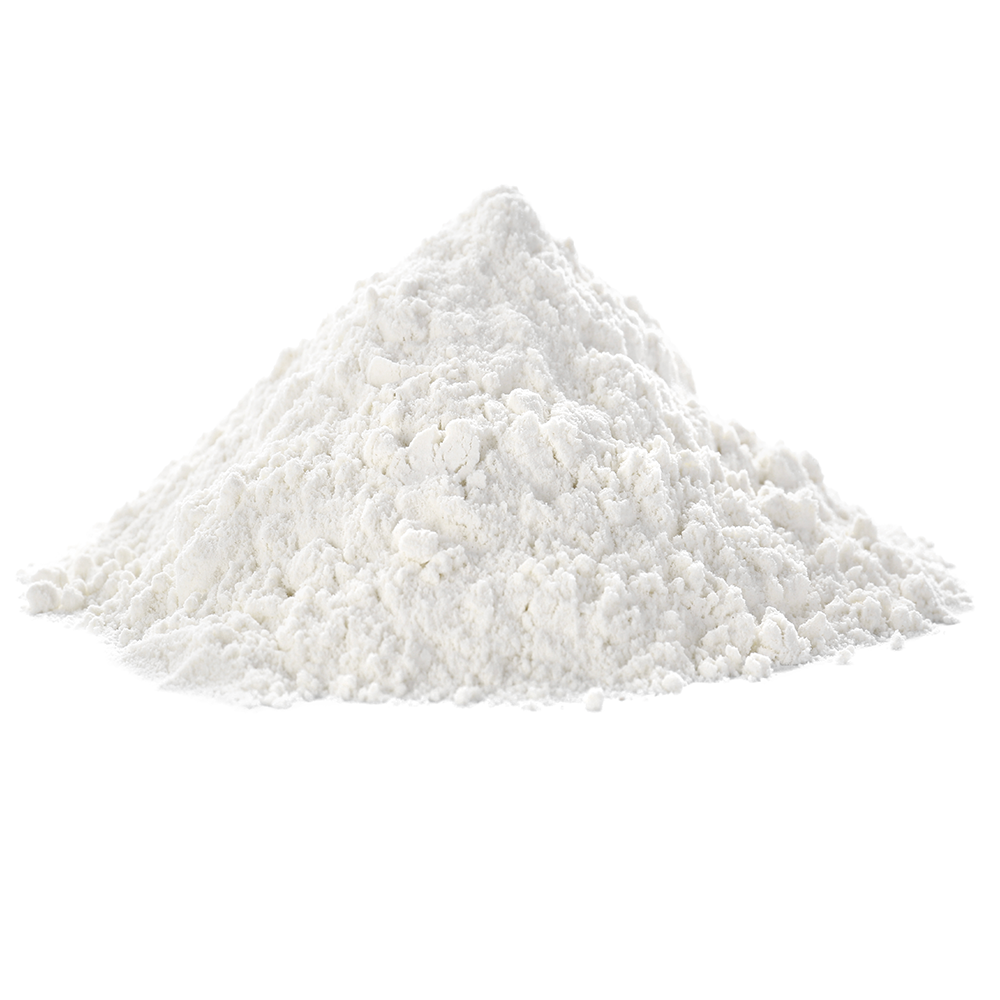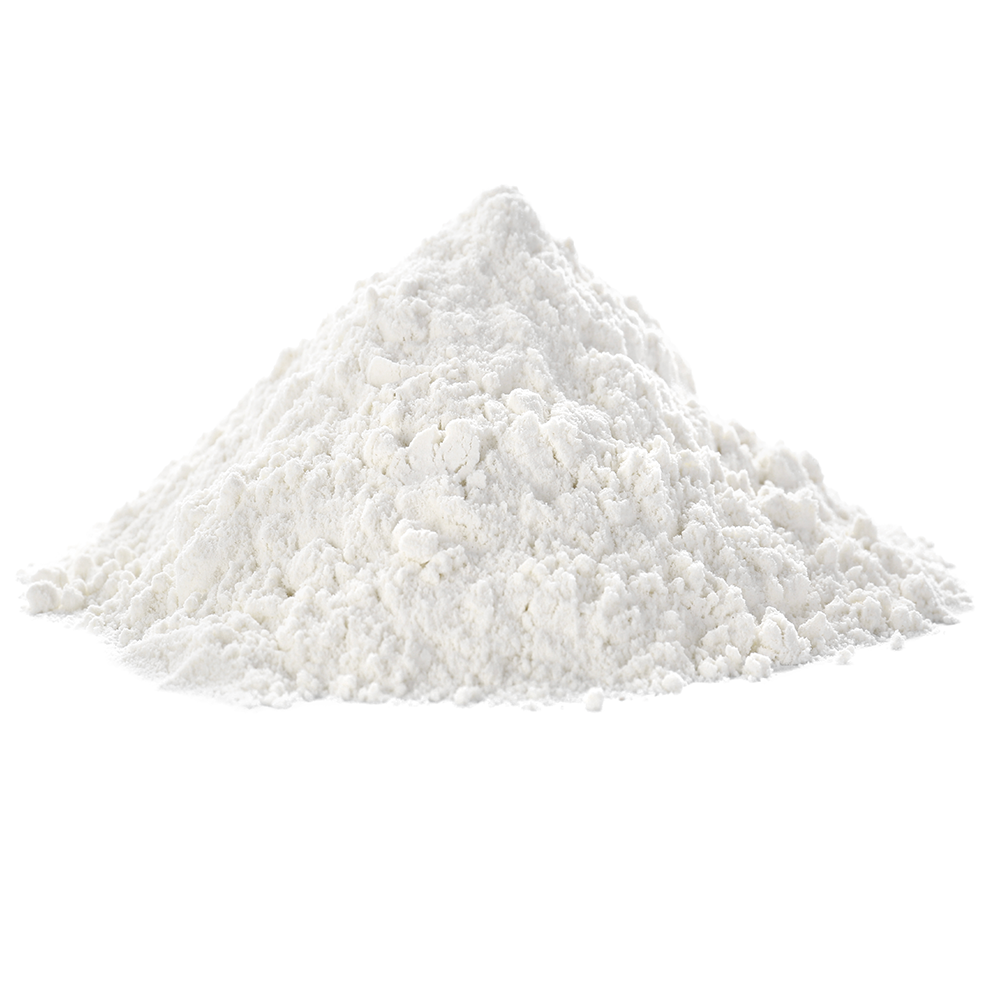The Amazing Health Benefits of D-Aspartic Acid
D-Aspartic Acid (DAA) has gained much attention recently due to its potential health benefits. It is found naturally in our bodies and is believed to play a role in hormone regulation, brain function, and testosterone production. We will explore the health benefits of DAA and how it can be used to support our overall health and well-being.
What Is D-Aspartic Acid?
D-Aspartic Acid is an essential amino acid, meaning it must be obtained through diet or supplementation. In addition, DAA is found in high concentrations in the pituitary gland, hypothalamus, and testes, suggesting it plays a vital role in regulating hormones and reproductive health.
DAA is also found in some foods, including dairy products, nuts, and eggs, but the levels are insufficient to provide significant health benefits. For this reason, many people choose supplementation for its health benefits.
Aspartate vs Aspartic Acid: What’s the Difference?
Understanding the difference between aspartate and aspartic acid is crucial for grasping their roles in the body. Aspartic acid, an amino acid, has a specific pKa, known as the aspartic acid pKa, which is approximately 3.9. This pKa value indicates that aspartic acid readily loses a proton to form aspartate, its conjugate base, especially in the body’s physiological pH of around 7.4.
In addition to aspartate vs aspartic acid, it’s important to distinguish between L-aspartic acid and D-aspartic acid. L-aspartic acid is the naturally occurring form of aspartic acid found in proteins and is biologically active in many bodily processes. This differs from D-aspartic acid, which is a form used in supplements, known for its potential to boost testosterone and support brain function. The key difference between L-aspartic acid and D-aspartic acid lies in their molecular structure, with L-aspartic acid being more involved in general biological functions and D-aspartic acid playing a more specialized role in hormone regulation.
This distinction between L-aspartic acid and D-aspartic acid is essential for understanding their specific effects and how they might be used differently depending on individual health goals.
The Benefits of D-Aspartic Acid
There are many potential benefits associated with taking D-Aspartic Acid, including:
- Improved Hormone Regulation
- Developed Brain Function
- Enhanced Reproductive Health
- Improved Physical Performance
How Does D-Aspartic Acid Work?
DAA is believed to work by activating certain hormones in the body. For example, it has been found to increase luteinizing hormone levels, which are vital in regulating testosterone production. It also stimulates growth and follicle-stimulating hormones, which can benefit reproductive health. These hormones are chemical messengers that send signals to our reproductive organs.
D-Aspartic Acid and Testosterone
DAA has been studied extensively for its potential to increase testosterone levels in men. Studies have shown that taking DAA can increase testosterone levels by up to 42%, making it a popular supplement among bodybuilders and athletes.
In addition to its testosterone-boosting effects, DAA has also been found to improve sperm quality and motility, or the ability of sperm to move efficiently. This can benefit those who are trying to conceive, as well as those who are looking to increase their libido and sexual performance.
Hormone Regulation
DAA is effective at regulating hormones in both men and women. In men, it has been found to increase levels of luteinizing hormone, which can increase testosterone production. There are benefits for women as well since it has been found to increase levels of follicle-stimulating hormone, which can help regulate the menstrual cycle and improve fertility.
Brain Function & Other Benefits
D-Aspartic Acid has been found to improve brain function and memory. In addition, it increases levels of the neurotransmitter glutamate, which can help improve cognitive performance and reduce stress and anxiety. This is good news for those living with mental health diagnoses such as depression or anxiety disorders such as PTSD.
In addition, DAA has been found to improve thyroid function. Enhanced thyroid hormone production helps increase your metabolism and energy levels. This can also benefit those who suffer from thyroid-related issues, such as hypothyroidism, a condition where the thyroid doesn’t create and release enough thyroid hormone into our bloodstream.
Moreover, DAA has been found to improve sleep quality and duration. This can benefit those who live with insomnia or other sleep-related issues.
Potential Side Effects
Although DAA is generally safe, some potential side effects include headaches, nausea, and diarrhea. However, it is essential to note that these side effects are rare and usually occur when DAA is taken at higher dosages.
It is also important to note that DAA can interact with certain medications, such as blood thinners and anticoagulants. Therefore, speaking to your doctor before taking DAA is best if you take any medications.
Recommended Dosage
The recommended dosage of DAA depends on your age, health, and lifestyle. Generally speaking, the recommended dosage is 3-6 grams per day. However, talking to your doctor to determine your dosage is best.
Best Sources of D-Aspartic Acid
DAA is available in various forms, including capsules, tablets, and powders. The best sources of DAA are those that are lab-tested for purity and potency. Choosing a source free from contaminants, such as pesticides and heavy metals is essential.
Although it is still being discovered how exactly DAA works, many have found it beneficial, especially for those seeking enhanced testosterone production. So considering all the health benefits that DAA offers, it may be the supplement you have been looking for.
References:
- D-Aspartic Acid
- What Is D-Aspartic Acid?
- D-Aspartic Acid: Does It Boost Testosterone?
- The Ultimate D-Aspartic Acid (DAA) Guide: Benefits, Dosage &FAQ
- Hypothyroidism.
- The Effects Of D-Aspartic Acid Supplementation In Resistance-Trained Men Over A Three Month Training Period: A Randomized Controlled Trial
- DAA D-Aspartic Acid









